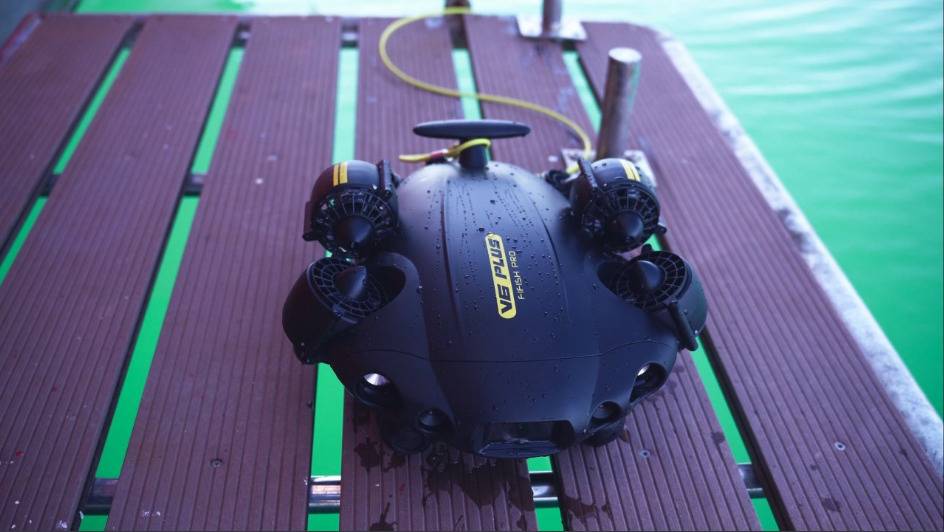
The maritime industry, a cornerstone of global trade and logistics, has witnessed remarkable advancements in recent years. Among the most transformative innovations is the adoption of drones, which are reshaping operations across shipping, shipbuilding, offshore platforms, and port management. By integrating drone technology, the maritime sector is achieving higher efficiency, enhanced safety, and reduced costs.
Traditional ship inspections can be time-consuming, costly, and sometimes hazardous for personnel. Drones offer a game-changing alternative by enabling quick and efficient inspections of ship hulls, cargo holds, and inaccessible areas such as tanks and confined spaces. Equipped with high-resolution cameras and thermal imaging technology, drones can detect corrosion, structural damage, and leaks with precision, reducing downtime and minimizing risk to inspectors.
In busy ports, efficiency is paramount. Drones play a critical role in monitoring port activities, surveying infrastructure, and ensuring smooth operations. From managing traffic flow to inspecting cranes, pipelines, and storage facilities, drones provide real-time aerial data that enhances decision-making. This not only accelerates operations but also ensures compliance with safety and environmental regulations.
Offshore oil rigs, wind farms, and platforms face unique challenges due to harsh environments and remote locations. Drones are now essential tools for inspecting these assets. They can assess structural integrity, monitor equipment, and even detect potential issues like oil spills or equipment malfunctions without endangering human lives. This capability has proven invaluable in reducing operational risks and costs.
Sustainability is a growing concern in the maritime sector. Drones are helping to monitor and protect marine environments by detecting oil spills, tracking marine pollution, and monitoring wildlife. This data supports efforts to minimize the industry’s environmental impact and comply with international regulations.
One of the most significant advantages of drones is their ability to perform tasks more quickly and cost-effectively than traditional methods. By automating inspections, reducing manual labor, and delivering real-time data, drones help shipowners, port authorities, and offshore operators save valuable resources while maintaining high standards of safety and quality.
While drones offer numerous benefits, their adoption in the maritime industry is not without challenges. Regulatory hurdles, limited battery life, and the need for skilled operators remain areas of concern. However, ongoing advancements in drone technology, including AI integration and improved battery performance, promise to address these issues and unlock even greater potential.
Drones are revolutionizing the maritime industry by enhancing safety, efficiency, and sustainability across various operations. As technology continues to evolve, the role of drones is expected to expand further, solidifying their place as an indispensable tool in the maritime sector. Embracing this innovation is no longer optional but a necessity for those looking to stay ahead in an increasingly competitive and environmentally conscious industry.
Interested in our drone surveys and capabilities? Contact us today to learn how we can improve and secure your assets!